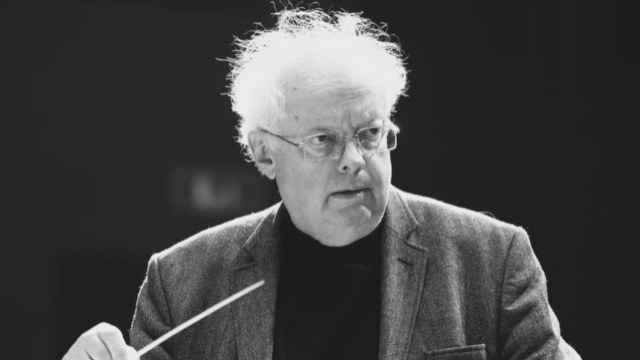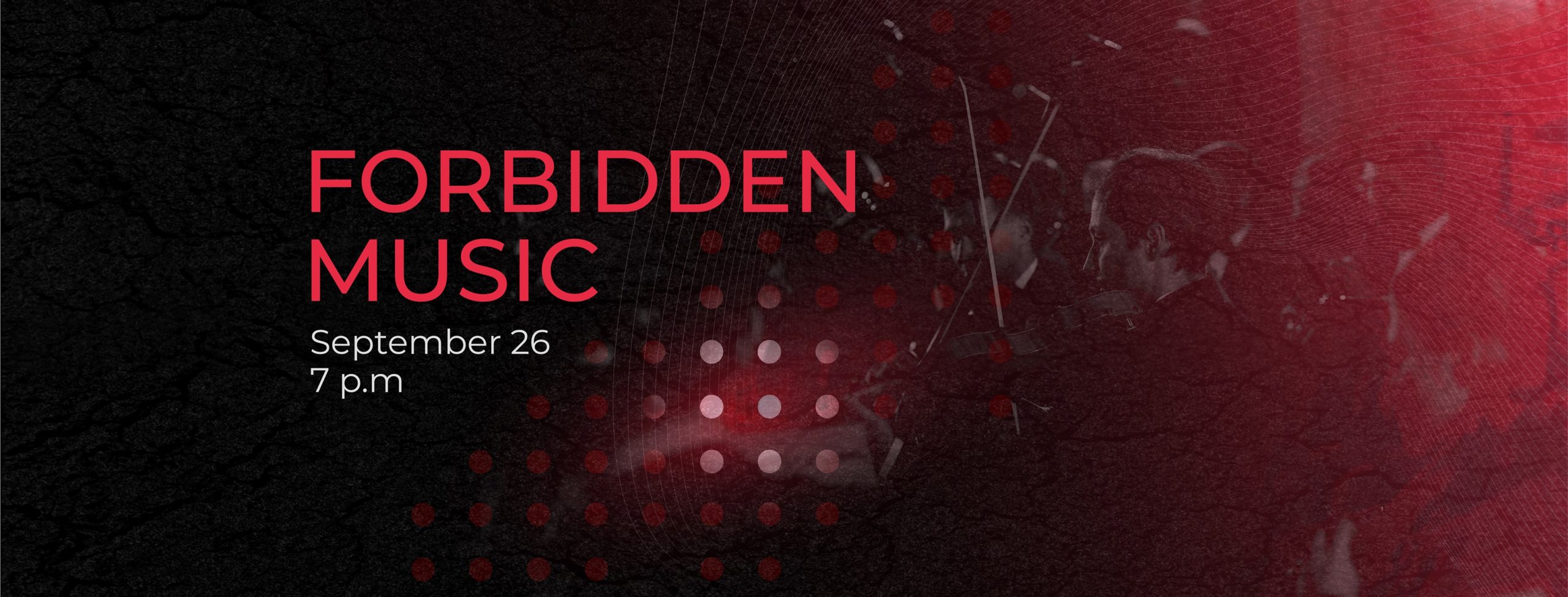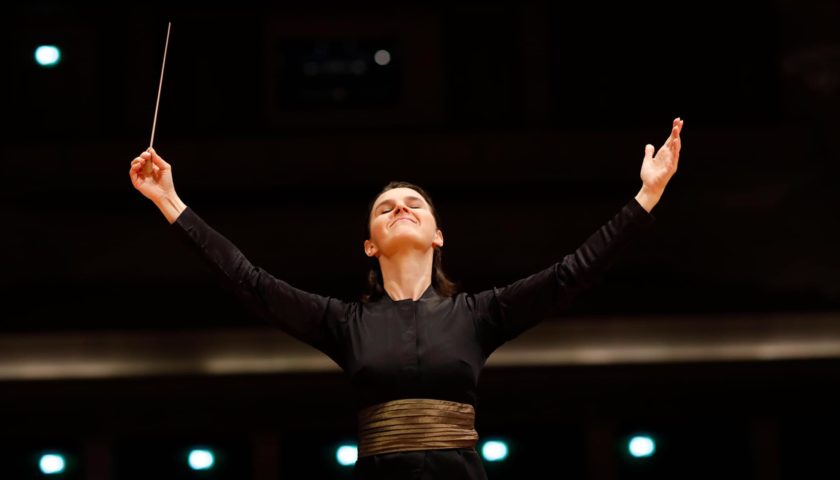On 1 June, Ukraine's famed composer Myroslav Skoryk died aged 81.
"An outstanding artist and a sincere, reliable friend, Myroslav Mykhailovych Skoryk, has passed away," Anatoliy Solovyanenko, chief director of the Shevchenko National Opera of Ukraine, said on Facebook.
#RIP #MyroslavSkoryk A huge loss for the entire #Ukrainian music and artistic community today. With his unique style and unparalleled music language he marked an important chapter in Ukrainian contemporary music, bringing it to international recognition with great success #skoryk pic.twitter.com/hg6S7rzWAP
— Myroslava Khomik (@mira_khomik) June 1, 2020
Myroslav Skoryk was a composer and musicologist originating from Lviv. He was the cousin of the La Scala world-class opera singer Solomiya Krushelnytska, who was the first to notice his talent. In 1947, the Skoryk family was repressed and deported to Siberia, being able to return to Lviv only after the death of Joseph Stalin. After graduating from the Lviv Conservatory, Myroslav Skoryk taught at the Kyiv Conservatory. Then he worked in the United States and Australia. In the 1990s he returned to Ukraine.
Skoryk's musical style continues the traditions of the Lviv school of composers and gives a modern vision of Ukrainian, in particular Carpathian, folklore, and Lviv city and salon music, as well as modern popular music, especially jazz. He composed music for more than 40 films, created many chamber and instrumental works, several ballets, and the opera "Moses" based on a poem by Ukrainian poet Ivan Franko. The premiere of the opera took place in Lviv, and the performance was blessed and funded by Pope John Paul II. Skoryk's music is performed around the world, he performed as an orchestra conductor and a pianist with many famous orchestras, had been the artistic director of the Kyiv Opera, and was awarded the titles People's Artist of Ukraine and Hero of Ukraine.
But the greatest reward for him was hearing street musicians play his music - that means people really did like his melodies. And the one for which he will be remembered the most is, undoubtedly, "Melody in A minor" from the soundtrack of the film High Mountain Pass
(1978).
The film's director Volodymyr Denysenko experienced censorship while creating the film, and asked Myroslav Skoryk to create music that would convey what he could not show on the screen. The composer met the goal. Over time, the "Melody" would come to be called the "spiritual hymn of Ukraine."
Here it is, in nearly every obituary to Skoryk:
https://twitter.com/UA_EUMission/status/1267504345681141761
And here is a vocal arrangement of "Melody" with Skoryk at the conductor's podium:
Just one month ago, 40 musicians two orchestras, from Lviv and Mariupol, staged a virtual performance of the "Melody" while staying home under COVID-19 lockdown - quite a token of popular appreciation:
A step along the way to Skoryk's rise to fame was the collaboration with Ukrainian-Armenian film director Sergei Paradzhanov in his "Shadows of Forgotten Ancestors." Here is the "Hutsul Dance" from the film:
Carpathian themes are in many of his other works, including this Rhapsody:
As Skoryk played the violin and piano, he wrote lots of music for both of those instruments:
Myroslav Skoryk is known for his Jazz pieces:
And here is Skoryk performing himself:
Skoryk is also the author of the first Ukrainian twist song. "Don't trample the lilies of the valley," performed by a band Skoryk created himself, was quite popular in Soviet times:
The opera "Moses" was written by Skoryk initially to celebrate the 100th anniversary of the Lviv Opera in 2000, but the premiere was delayed for a year for a more significant event - the visit of Pope John Paul II to Ukraine in 2001. Because of the permanent lack of money, the Lviv Opera appealed to the Pope for financial assistance and received it, becoming the first Ukrainian secular event to be supported by the Vatican:
Myroslav Skoryk's last composition, "I am with you," was written to support China in the fight against the novel coronavirus. It was recorded just this February.
"I wrote it in a traditional European style. But at the same time, I introduced some elements of Chinese folklore. You can feel it in the music. It is filled with optimism that these terrible times will pass and gives the feeling that the love and light will return, and China will live a normal life again," Skoryk said. The lyrics were written by the Chinese poet Wang Yongchang, the Xinhua news agency reported.
Rest in Peace, maestro. You will be missed.
Read also:
- Euromaidan revolution now commemorated in symphonic piece by American composer
- Explosion of new Ukrainian music after introduction of protectionist language quotas
- The three Ukrainian women breathing new life into ancient musical traditions
- A Ukrainian composer’s gift to the world of Christmas music





